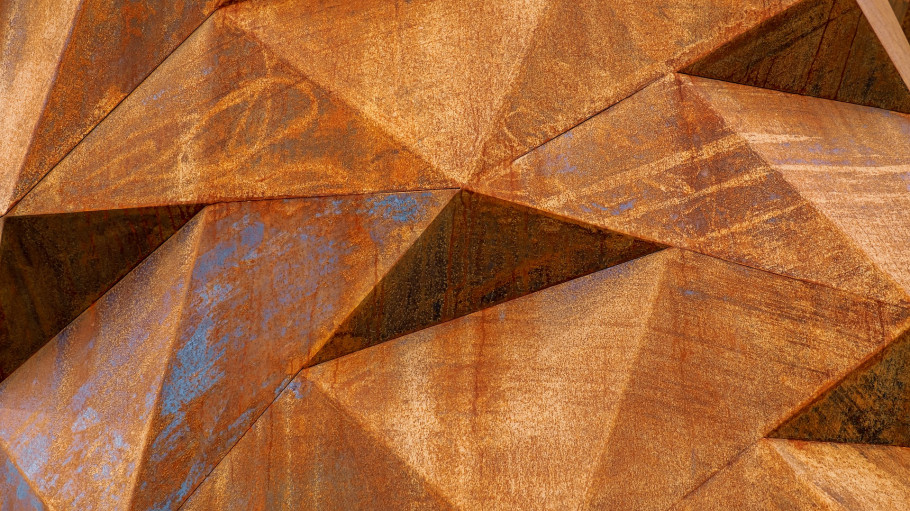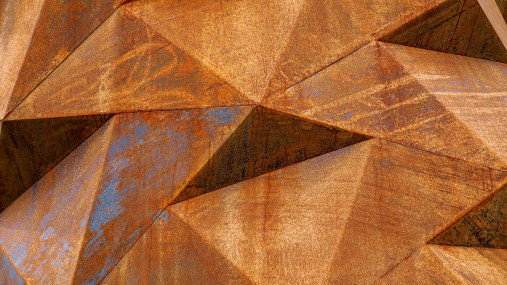
Press releases » Final EU steel safeguard measures published - EUROFER calls for coherent implementation
Final EU steel safeguard measures published - EUROFER calls for coherent implementation
Downloads and links
Recent updates

Brussels, 1 February 2019 – The European Commission has published the regulation imposing definitive safeguards on steel imported into the EU. This important measure continues the safeguards provisionally imposed in July 2018 and will come into force as of 2 February 2019.
“Member states overwhelmingly supported the imposition of these final measures in December 2018 – the publication of the measures in the Official Journal puts these definitive safeguards into force tomorrow”, said Axel Eggert, Director General of the European Steel Association (EUROFER). “These measures are completely justified given the large-scale diversion of steel to the EU market, partly as a result of the impact of global overcapacity, distortions and the US’ section 232 measures”.
The structure of the final measures differs slightly from the provisional version. While the 0% tariff import quota remains, there are country-specific import quotas for large, traditional steel exporters to the EU and quarterly quotas for the remainder of countries that do not have their own. More worryingly for EUROFER, the quota – which was set at 100% of the average of 2015-2017 during the provisional stage – is immediately enlarged by 5% on the day of the imposition of the final measures. There is another upwards revision of 5% in July.
“This ‘relaxation’ of the measures is completely out of step with the evolution of the steel market, which is expected to be flat in 2019”, stated Mr Eggert. “2016 and 2017 were joint record years, meaning the quota was already set at the maximum level reached in a global market suffering massive overcapacity and distortions in foreign producer countries”.
“In 2018 imports rose 12% over and above the record 2017 level, even as domestic producers’ deliveries grew by a paltry 0.6%”, emphasised Mr Eggert. “This future relaxation of the quota could see the door being opened to even greater surges even as the market is expected to be flat”.
Steel consumption growth is expected to rise by just 0.5% in 2019, according to EUROFER’s latest Economic and Market Outlook. This means the rise of the quota to around 110% of actual historical imports is many multiples the growth rate of the market.
“This disproportionate change will only benefit importers who, in any case, have taken market share of 25% up from a historical 17% in just three years”, emphasised Mr Eggert. “This upsets the delicate balance otherwise established by the safeguards: The notion that EU steel users should be able to access traditional trade flows without local steel producers being flattened by deflected and cut-price steel products from outside the EU”.
EUROFER urges the Commission to take into account actual market conditions at the time of the first revision of the final safeguard measures, in July 2019.
“Recent market and trade volatility have had a severe impact on the European steel industry”, concluded Mr Eggert. “These safeguard measures must prove effective in achieving their aim, and their coherent long-term deployment is key to their succeeding”.
Contact
Charles de Lusignan, Spokesperson and head of communications, +32 2 738 79 35, (charles@eurofer.be)
About the European Steel Association (EUROFER)
EUROFER AISBL is located in Brussels and was founded in 1976. It represents the entirety of steel production in the European Union. EUROFER members are steel companies and national steel federations throughout the EU. The major steel companies and national steel federations in Switzerland and Turkey are associate members.
About the European steel industry
The European steel industry is a world leader in innovation and environmental sustainability. It has a turnover of around €170 billion and directly employs 330,000 highly-skilled people, producing on average 160 million tonnes of steel per year. More than 500 steel production sites across 22 EU Member States provide direct and indirect employment to millions more European citizens. Closely integrated with Europe’s manufacturing and construction industries, steel is the backbone for development, growth and employment in Europe.
Steel is the most versatile industrial material in the world. The thousands of different grades and types of steel developed by the industry make the modern world possible. Steel is 100% recyclable and therefore is a fundamental part of the circular economy. As a basic engineering material, steel is also an essential factor in the development and deployment of innovative, CO2-mitigating technologies, improving resource efficiency and fostering sustainable development in Europe.

Download files or visit links related to this content
Developed with the support of the Offshore Wind Foundation Alliance and European Wind Tower Association, the position paper outlines the strategic importance of wind components for Europe’s green transition and calls for targeted measures to strengthen their role within the NZIA.
Brussels, 2 April 2025 - The latest data unveiled by the OECD in its meeting in Paris draw an extremely worrying picture, where global steel excess capacity is expected to grow from an estimated 602 million tonnes in 2024 to 721 million tonnes by 2027 – over five times the EU's steel production. The European steel industry - already severely hit by the spill-over effects of global overcapacity and the U.S. steel import tariffs - reiterates the crucial need for strict and effective EU post-safeguard measures to ensure its survival.
Brussels, 19 March 2025 – The Steel and Metals Action Plan, unveiled today by the European Commission, provides the right diagnosis to the existential challenges facing the European steel industry. Concrete measures need to follow swiftly to reverse the decline of the sector, re-establish a level playing field with global competitors, and incentivise investment and uptake of green steel in the market.